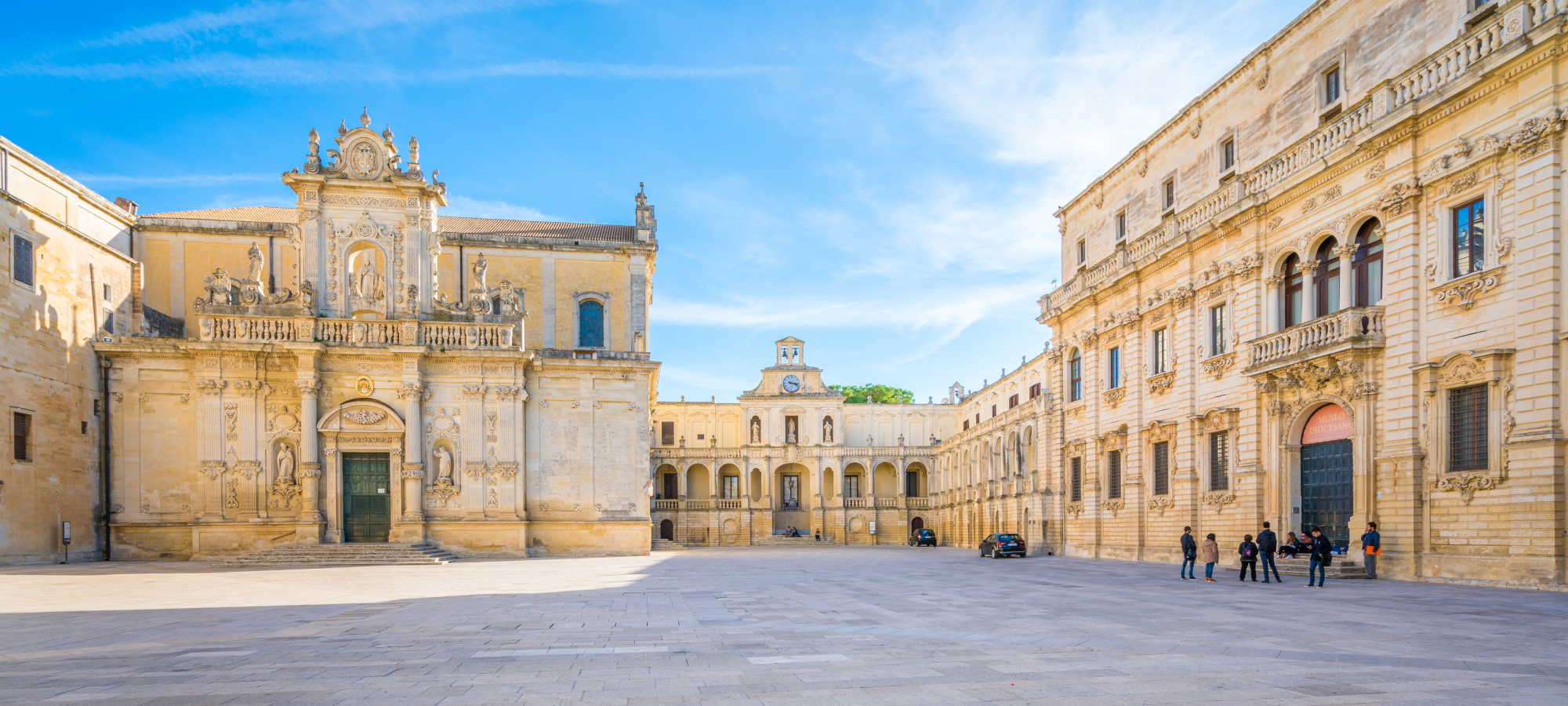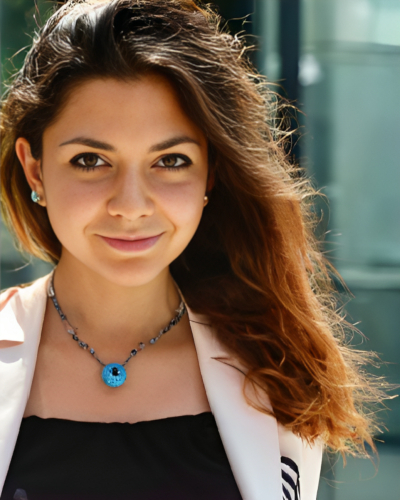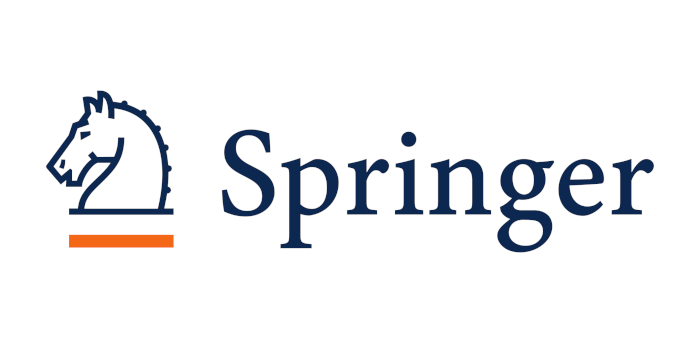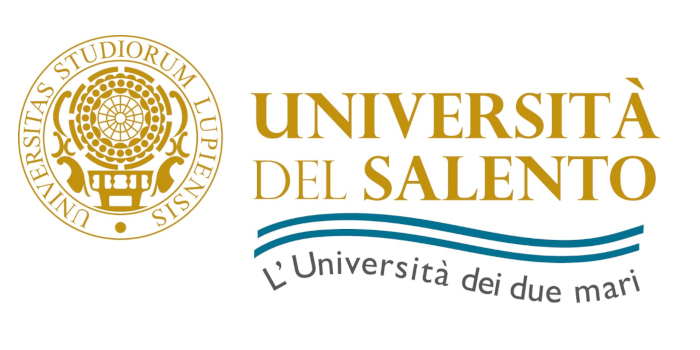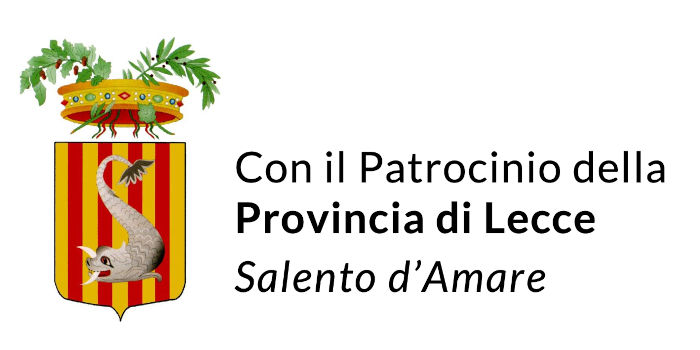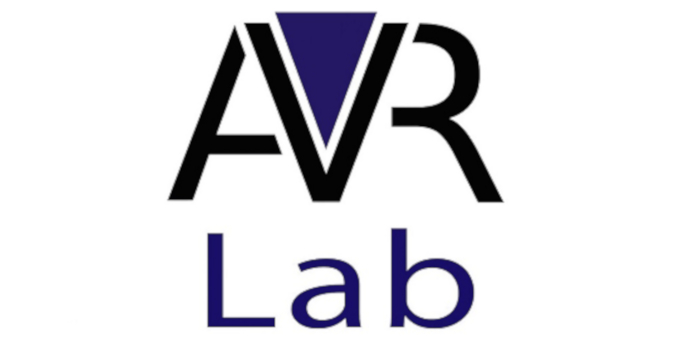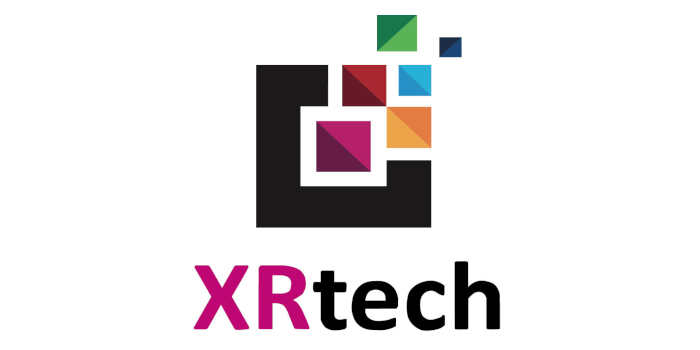SPECIAL SESSION #1
Extended reality to promote mental health
ORGANIZED BY
Giulia Brizzi
IRCCS Istituto Auxologico Italiano, Italy
ABSTRACT
Applications, protocols and trials that use Extended reality for prevention and intervention programs in the realm of mental health. Here might be included usability and user experience studies as well as randomized control trials, case studies or protocols.
